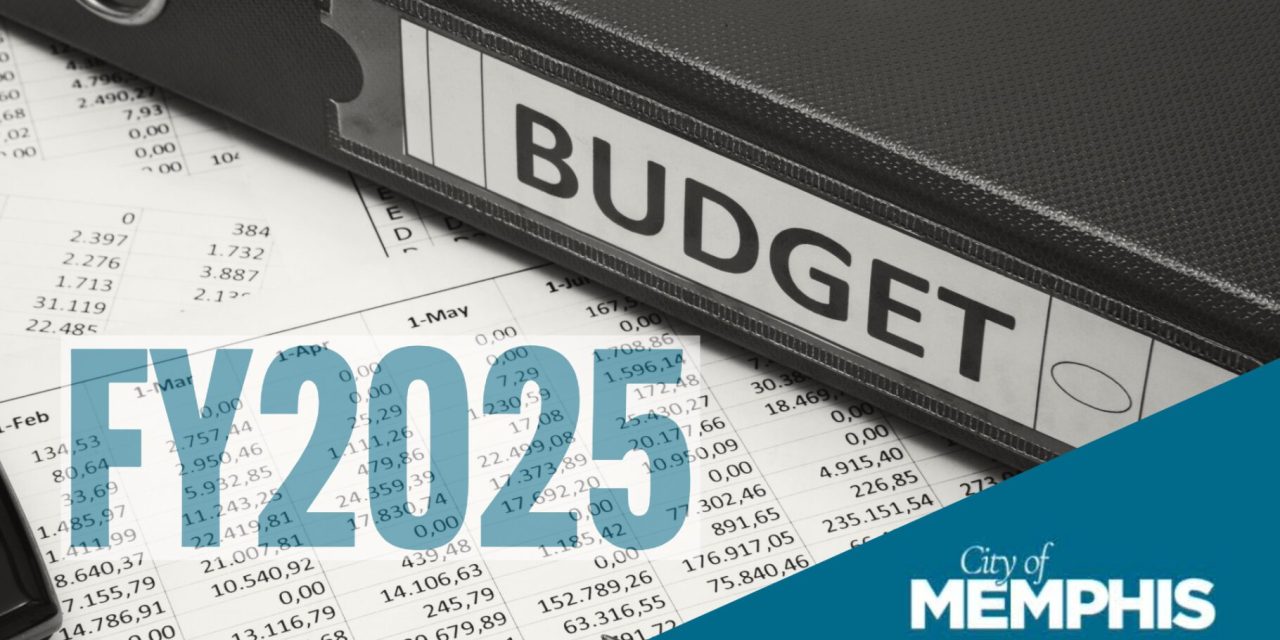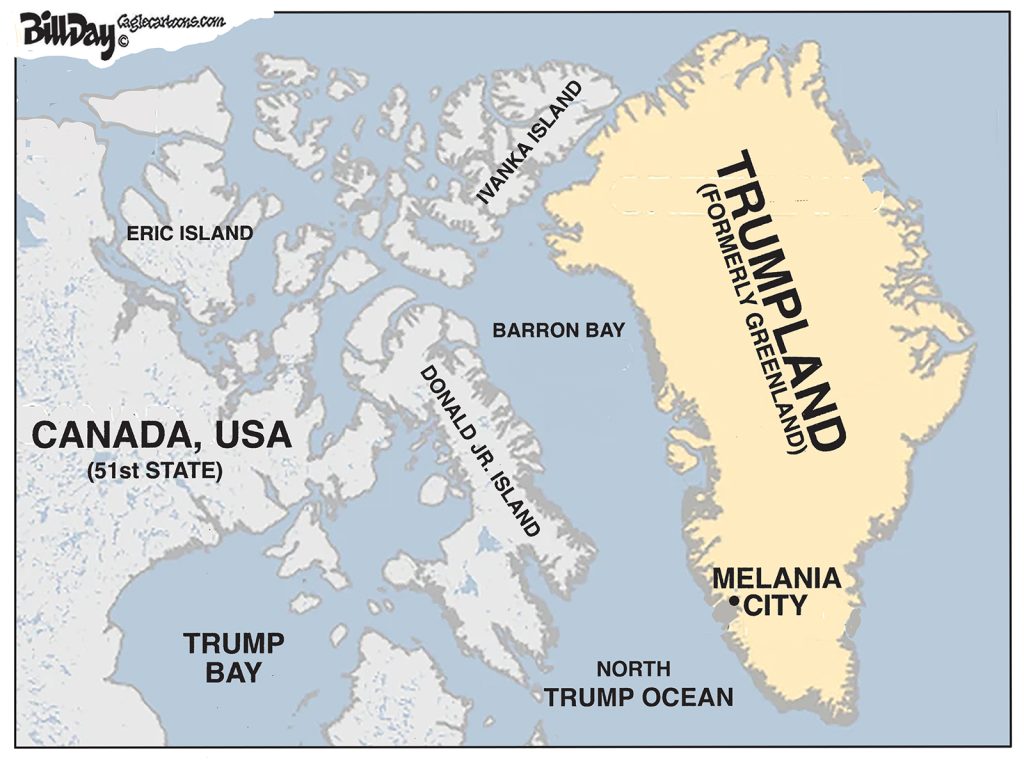There are many high tax cities that are among the U.S.’s most economically successful.
That’s because taxes alone are not the definitive determining factor for whether the public considers taxes are too high or not. Rather, it’s about whether taxpayers feel that they are getting value for the taxes they do pay.
These high-value tax cities are generally ones using the increased revenues for better education, better public spaces, better planning, better public transit, active downtowns, and better quality of life.
These are factors that are often accompanied by active businesses and philanthropies with an understanding of urbanism and what makes cities work and with a research university investing in civic innovation and entrepreneurial problem-solving.
Success so often begets success. It begins with the opinion that taxes and fees are producing value in taxpayers’ lives which in turn fundamentally shapes the character of the city itself.
It also underscores how people are willing to pay more taxes if they can expect higher quality public services whose impact they can see and experience in their own lives and the life of their city. In these cases, it creates a virtuous cycle – the services contribute to higher property values which in turn produces more taxes which are spent as investments in public assets which increase property values and the cycle begins all over.
Increases on All Sides
However, in Memphis, there is widespread grumbling about taxes and fees, chiefly because both were significantly increased after being recommended by Mayor Paul Young and the votes of the Memphis City Council. If that wasn’t enough, the increases were exacerbated by TVA’s 10% increase in electricity (which could be offset if MLGW would act as an honest broker and issue the Request for Proposals for other power providers that was recommended by former mayor Jim Strickland’s own energy consultant).
The best tax increase are incremental ones over time, but faced with the last budget of Mayor Strickland that was apparently held together by bubble gum and baling wire, City of Memphis was faced with underfunded public services, a budget that was not just unrealistic but deliberately so, and few options for new non-regressive revenues.
In that context, city property taxes increased by 49 cents, or 18.2%, which was less than the 75 cents requested by Mayor Young, moving the rate from $2.70 to $3.19; the solid waste fee for all garbage, recycling, and bulk waste pickup was increased by $12 to $42; and the vehicle registration fee, Memphis’s version of a wheel tax, is increasing by $60 for commercial vehicles (which would include leased cars if the county’s policy is followed), and by $14.50 for low-speed and medium speed vehicles.
As for the hike in electricity costs of 9.75% over two years, MLGW says it will increase the average Memphian’s bill by $3.50 each month. Using MLGW’s math, that would make the average bill $35 a month, which is incredulous if not laughable.
In other words, Memphians have demands for more money from City of Memphis coming at them from all sides. All in all, it raises the basic question: At what point, will Memphians say it cost too much to stay in the city.
That takes me back to where I started – tax value.
Answering What’s In It For Me?
It’s a fairly safe bet that if there was a poll asking Memphians if they felt they received value for their taxes (and fees), the response would be a resounding no.
It points up to a crucial – and fundamental – failure in the wake of the increases. There was no campaign that was launched to explain to the public how Memphians’ lives are better because of the new money pumped into the city budgets.
Explanations for the increase during budget hearings dealt largely with how the money was needed by government to balance the almost $900 million City of Memphis budget but there was precious little discussion dedicated to answering the questions that is always foremost in the public’s mind: How does this help me and improve my life?
Once the tax and fee increases were passed, it seemed that city officials largely turned the page. What was needed was for all of them to fan out all over Memphis to explain to the people paying the increases how their lives will be better because of their actions.
That’s not to say it would be easy duty, but it is fundamental duty for someone elected and appointed to city offices, especially at a time when MATA’s financial crisis suggests that City Hall took its eye off the ball.
As for MATA, the mayor and some Council members have defended themselves by saying that MATA is not a division of City of Memphis, a weak and insufficient explanation. It is a distinction without a difference. After all, MATA board members are appointed by the mayor and confirmed by City Council and City Hall’s control and oversight over MATA is whatever it wants it to be.
The Math Is Tough
Memphians are not happy and with the information vacuum left in the wake of the tax and fee increases, and it’s no wonder.
It’s time also to explain to Memphians that city government’s primary problem is that it has a math problem. With property taxes as the largest source of revenues in city budgets (roughly two times larger than the source that is second), city government is hobbled by the median value of owner-occupied houses that is 60% lower than houses in Nashville. If Memphis homes had Nashville values, budget hearings in city government would be child’s play and the Memphis tax rate would probably be about half of what it is.
Assembling a budget in a state with one of the most regressive tax structures in the U.S. places a heavy burden on Memphis officials. For that reason, decisions made in the recent budget session were not just politically tough; they are morally fraught.
It is also made more difficult by the tens of millions of dollars that never make it into city budgets because of the PILOT program, and it is always a stunning feature of yearly budget hearings that this program is never discussed and whether modifications to PILOTs could free up new revenue for City of Memphis. My suspicion is that there is not a City Council member who can say how much is being diverted in this way.
The Tough But Necessary Duty
All this is to acknowledge that there’s no tougher responsibility for elected and appointed officials than to explain to the public why the sizable increases in taxes and fees were passed, but what is needed is elected and appointed officials with the courage to do it have never been needed more.
It’s easy to think back to Mayor Young’s helpful detailed presentation that explained why he wanted a 75-cent increase, but there’s been nothing similar to that online now. And there should be.
This is not to say that City Council was irresponsible in their passage of the increases. In large measure, their hands were tied by the budget left for them by the previous administration.
There are talking points by business and economic development officials that higher taxes and fees scare off investors, entrepreneurs, and corporations. Therese McGuire, professor of strategy at the Kellogg School and a tax policy expert calls this a false narrative. “The evidence doesn’t support it,” she says. “I wouldn’t feel confident telling a policymaker that the best way to boost your economy is to lower your taxes—in fact, I think it would be malpractice to make that kind of pronouncement.”
What’s Good Tax Policy
For Ms. McGuire, the best tax policies for local governments seeking to grow their economies are those that (1) offer long-term certainty to businesses and individuals, (2) are coupled with wise public investment, and (3) are designed with the principles of efficiency, simplicity, and equity in mind. Such policies—based on economics principles, not political whim—also have the best chance of promoting fairness across the board.
“The most important thing policymakers can do is create a tax strategy that offers fiscal certainty,” she says. “Businesses have a longer time horizon than politicians—they need to know what the tax rate will be five years from now, and they need confidence that the system will fund the infrastructure and services cities and states require. Because otherwise, their cost of doing business goes up, and their odds of long-term success go down…You can cherry-pick studies to show that raising taxes on high earners has a detrimental effect, but the preponderance of studies—and the best ones—find that this will not harm local economies.”
Too often, local and state governments think they can boost their economies by offering companies generous tax incentives to move to (or stay in) their area. According to McGuire, this isn’t sound policy. “It’s essentially a race to the bottom,” she says. “Governors and mayors always feel like they have to play the game, whether or not it makes sense for economic development. It’s like the prisoner’s dilemma.”
All of this is context for the narrative that should be developed by elected and appointed officials and shared with taxpayers. The sooner the better.
**
Join me at the Smart City Memphis Facebook page and on Instagram where these blog posts are published along with occasional articles, reports, and commentaries that are relevant to Memphis.




